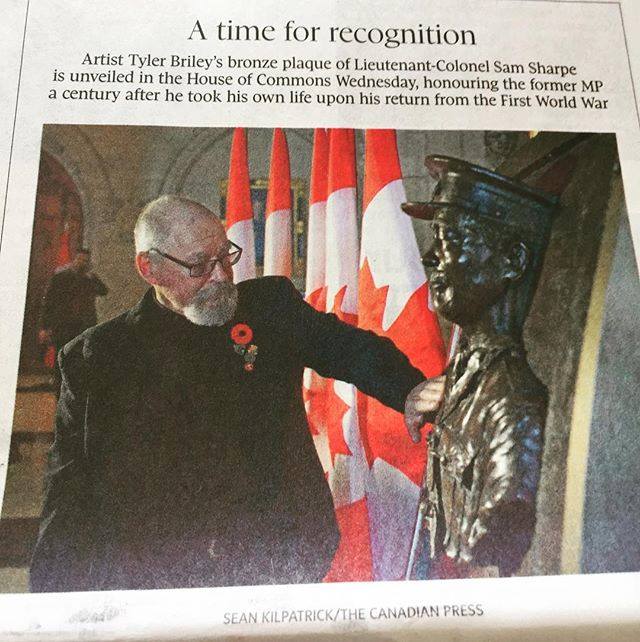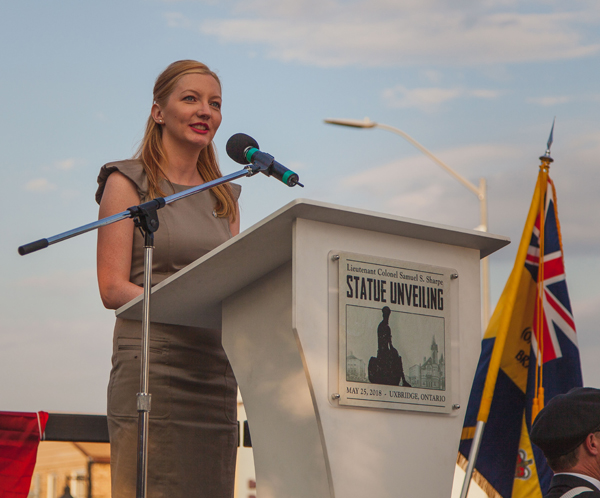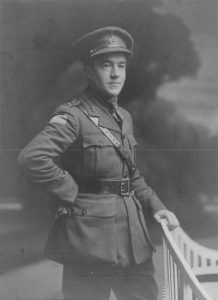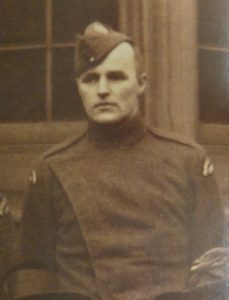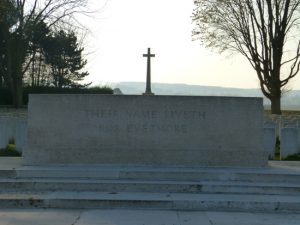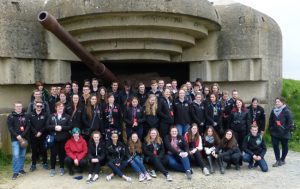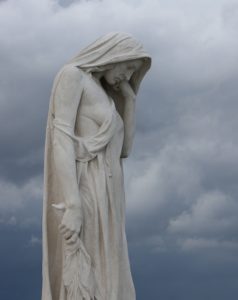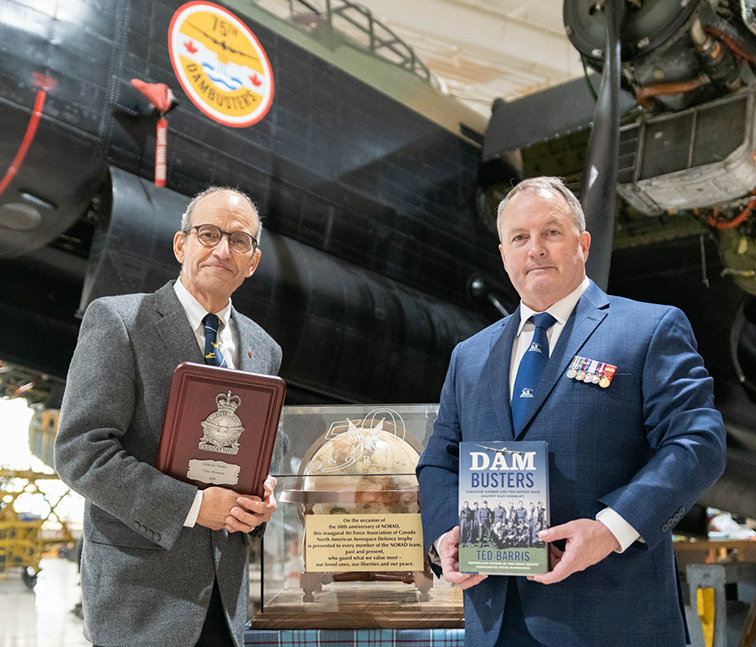
Just as I finished a presentation, last week, my cellphone rang. The readout said, “Air Force.” It’s silly, but almost instinctively I straightened by back and my tie, as if duty were calling. It turned out to be a retired Air Force lieutenant colonel, Dean Black, who’s also the executive director of the Royal Canadian Air Force Association on the line. Not quite the Air Force, but, as it turned out, just as important.
“The RCAF Association has decided to recognize you and your new book with the NORAD Trophy,” Black said.
“I’m flattered,” I said, “but what’s the NORAD Trophy?” I knew that NORAD stood for North American Aerospace Defence Command and that the U.S. and Canada had formed it originally in 1957 when Cold War tensions between the Soviet Union and the West were at their highest, to ensure the protection of North America. (more…)

